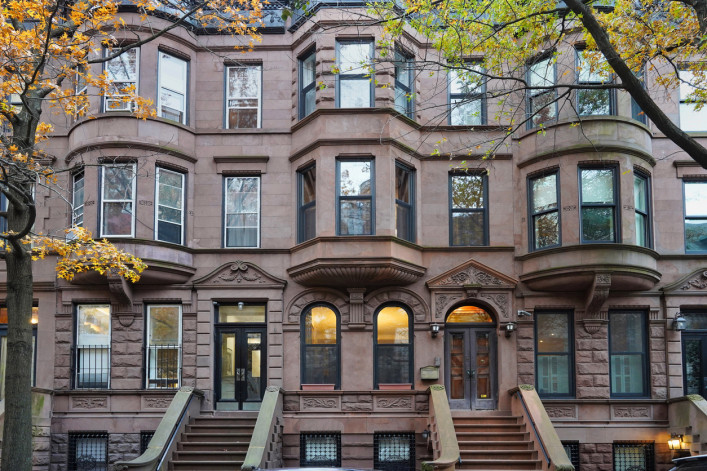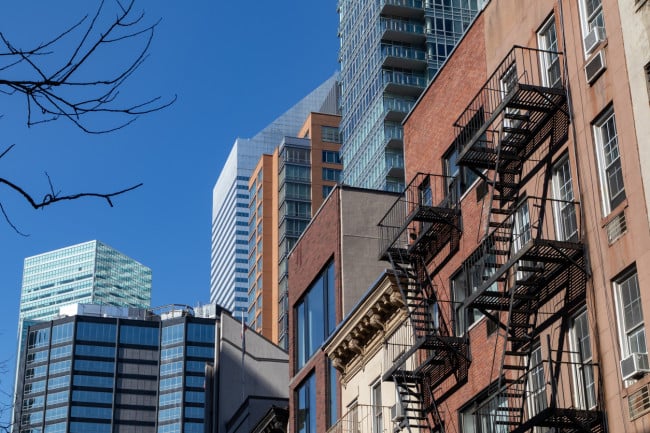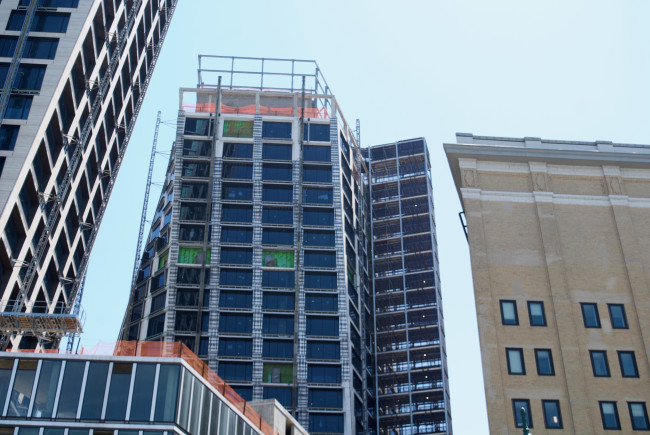We can't get a certificate of occupancy because our contractor owes some fines. What can we do?

The broader issue is to make sure your contract with your architect and contractor is watertight.
iStock
The Department of Buildings won't issue a certificate of occupancy for our renovated townhouse because the contractor is not paying fines as required by our contract. What can we do?
“A certificate of occupancy is required when you are changing the use, egress, or occupancy of a building. Typically a renovation does not include that, but if this is the case, it’s a big risk to ignore paying the fines,” says Steven Wagner, a real estate attorney at the Manhattan law firm Wagner, Berkow & Brandt who represents co-op and condo boards and owners.
Wagner points out a certificate of occupancy is not required by individual apartment owners—the sponsor or developer needs to get this certification when the building is completed—but if changes have been made to the use of a townhouse, or there is no previously issued certificate in an older building, the Department of Buildings will not issue a certificate of occupancy if there are violations.
“You might be able to get a temporary certificate of occupancy but unlike a certificate of occupancy it will have an expiration date. If there were substantial renovations you are required to have a residential certificate of occupancy so you will still need to address the fines and if necessary pay them yourself and seek to recover the funds from the contractor later,” Wagner says.
Buildings constructed before 1938, which have not been significantly renovated, may not have a certificate of occupancy. For this specific group of buildings the Department of Buildings does not require certification.
Determining responsibility
Paying the fines for violations is usually the responsibility of the owner unless the conditions were caused by the contractor.
“If there’s a violation, there’s a range of fines that can be imposed,” Wagner says. If you are proactive and follow the city’s requirements for dealing with violations, agree to correct the condition, or show you have corrected the condition within the deadline, Wagner says the fines can be greatly reduced.
“If you are issued a violation fine and you show you are willing to address it, the fines can be reduced significantly by a half or more,” he says.
There are forms online that can be used to certify the work has been corrected.
Understanding renovation contracts
Violations, however, raise the broader issue of making sure your contract with your architect and contractor is watertight. “That includes protections for the owner like price, payment, and termination provisions, as well as an outline of the work that’s to be performed, namely plans and specifications,” Wagner says.
On larger jobs, many contractors use standard contracts drafted by the American Institute of Architecture (AIA). Wagner says it’s important to have a lawyer review these or any other contract. It will cover among many other items, provisions for what happens if the contractor walks off the job and how you deal with mechanics liens filed by the contractor or subcontractor.
What’s interesting about the AIA form, Wagner says, is that it gives enormous power to the architects. When working with clients he prefers to attach a rider that returns more power and authority to the owner. “They, after all, are the one paying the bill,” he says.
In addition, most contracts also outline retainage—an amount held back, usually 10 percent of an amount approved for payment—to ensure completion.
“If you are always holding some money back to make sure the work is completed, that may provide some relief to an owner who did not get everything completed under the contract,” Wagner says.
The contract should also provide for unit pricing. This means you negotiate a pricing structure for any materials or services that could be required before the work begins. So if there are conditions that are not entirely certain and will not be fully known until the work starts, you have a unit price ahead of time. An example for this might be if mold is found under wood flooring, you will want the contract to have a pre-negotiated price for replacing the floor once the mold is remediated with a stated price per square foot.
You also want the contractor and the architect to be familiar with the property. Before any bidding takes place for the work, they should visit the property, so that if the contractor has any objections or exceptions to the plan they can make it known.
“If they do not raise any issues, it is assumed that anything that was visible that they could have known or were concerned about would have been seen and noted,” Wagner says. It may be that they request they look behind the sheetrock or do other exploratory probes in order to determine if suspected conditions are present, which would give you a more accurate price for the work.
New York City real estate attorney Steven Wagner is a founding partner of Wagner, Berkow, & Brandt, with more than 30 years experience representing co-ops, condos, as well as individual owners and shareholders. To submit a question for this column, click here. To arrange a free 15-minute telephone consultation, send Steve an email or call 646-780-7272.
You Might Also Like





























